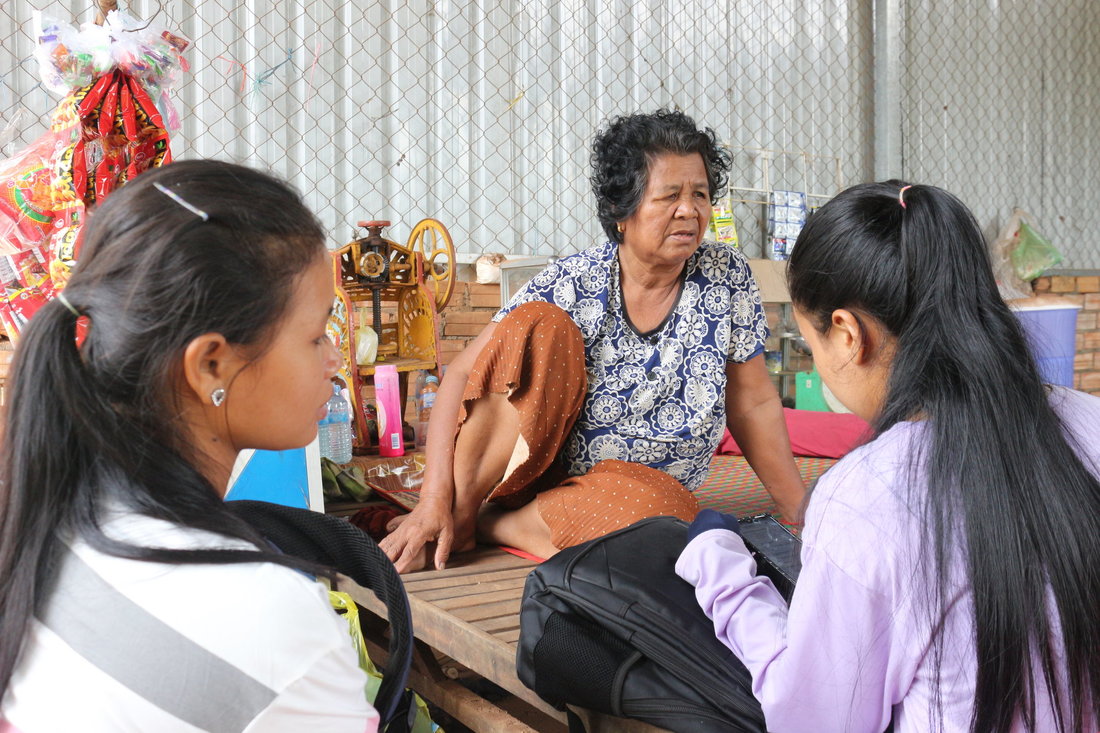MYANMAR
In Myanmar, we have been assisting internally displaced persons and host communities of Rohingya Muslims and Buddhist Arakanese in Rakhine State since 2014. We work with the Lutheran World Federation Myanmar with the support of the Ministry of Foreign Affairs and the Czech Development Agency.
In the past, we have been involved in a project in Myanmar focused on the provision of drinking water, including the construction of local water and sanitation infrastructure. We are currently working on general resilience building in humanitarian crisis affected communities.
At the beginning of the crisis, we mainly supplied the camps with basic equipment such as plastic tarpaulins, mats, blankets, ropes, mosquito nets, kitchen utensils and clothing. Gradually, we also started to focus on preventing natural disasters and crises, as major dangers are posed by fires, for example, which can destroy an entire camp in a matter of hours. People usually live in so-called longhouses, occupied by up to eight families and built of bamboo, wood and reeds, a highly flammable material.
In addition to fire, other natural disasters such as floods and frequent cyclones threaten the camps. The camps are built in low-lying areas close to the sea and mud is ubiquitous, especially during the rainy season. For this reason, we have been working for several years on disaster risk reduction, creating strategic plans, distributing first aid kits, training volunteer firefighters and, last but not least, building important social infrastructure (roads, paths, jetties, water tanks, wells, etc.).
Adverse external conditions, the trauma of the conflict and the loss of their homes, livelihoods and security also affect the camp residents. Therefore, providing psychosocial assistance or activities promoting social cohesion is an integral part of our projects, involving the Muslim and Buddhist communities in joint projects such as road construction.
We care about that the beneficiaries of our assistance become independent as soon as possible. We therefore support them in small businesses and finding sources of self-support. We provide training in developing business plans, vocational training in selected activities (motorbike repair, food preparation, sewing, fishing net making or carpentry) and workshops to link them to the local market. We also focus on providing education in Muslim and Buddhist villages, where we repair school buildings, add new schools and supply teaching aids to schools.
